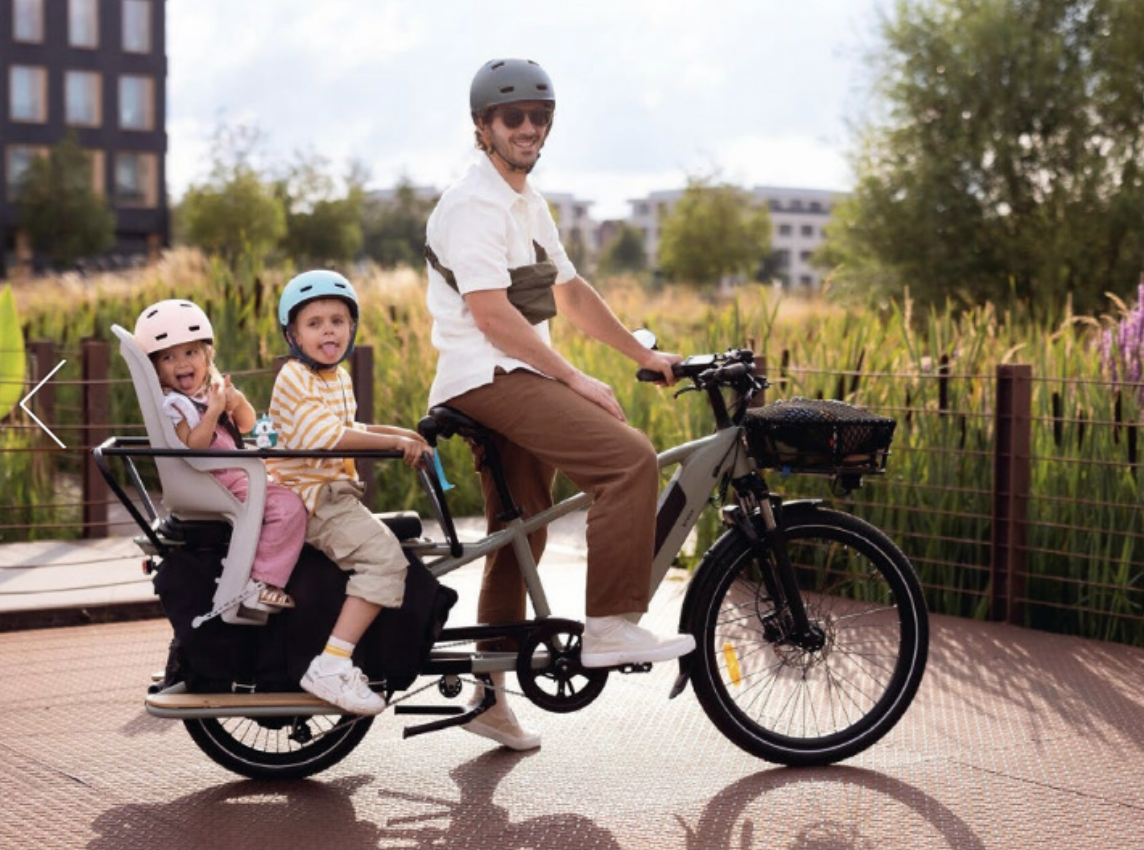
E-bike market share of over 50% in Belgium for the first time

One-fifth fewer bicycles were delivered in BelgIe last year, but the e-bike achieves a market share of more than half for the first time/Traxio
Last year, 569,605 new bikes were delivered in Belgium, down one-fifth compared to the peak year 2022. Mobility Federation Traxio says the f


Comments
Ready to join the conversation?
You must be an active subscriber to leave a comment.
Subscribe Today